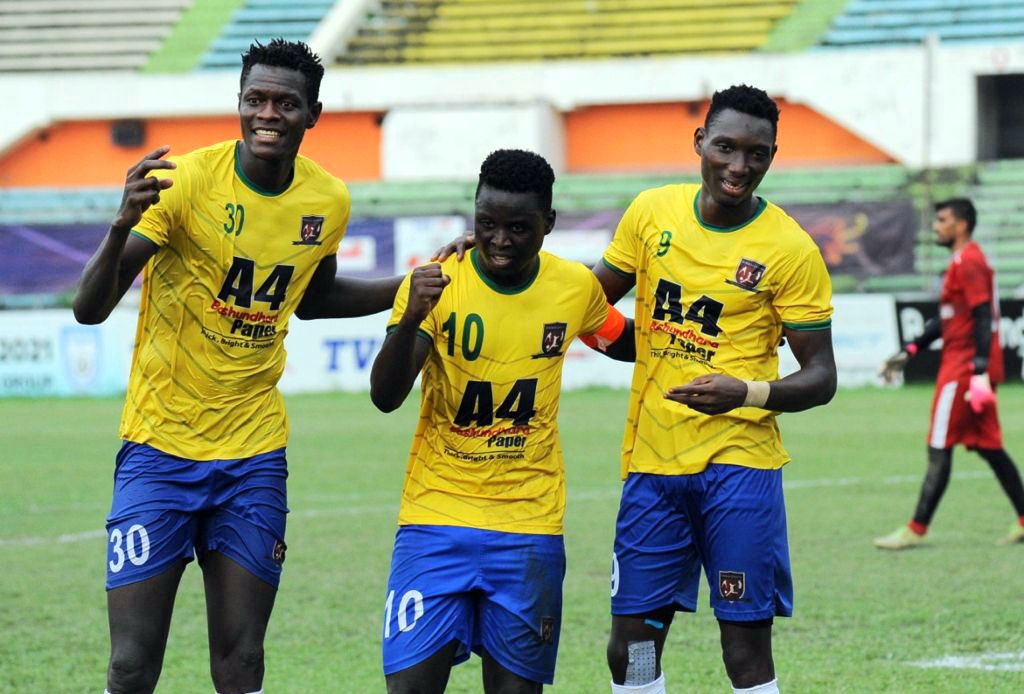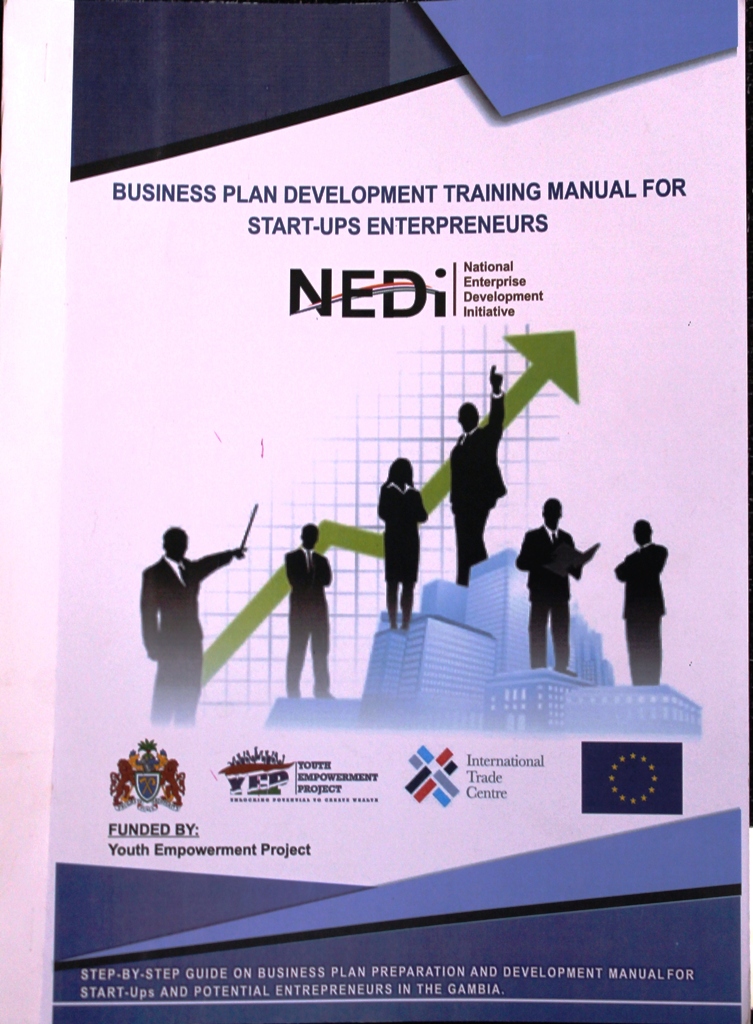By: Mariama Njie
Covid-19 has been a major challenge in the country since March 17th, 2020 when the first case was registered and announced ion The Gambia. Since then it has caused and still causing so many setbacks in various organizations and to individuals in which blood donor volunteers are not an exception.
Blood donation in The Gambia contributes a lot in saving lives of people in need at the hospitals, since the start of the pandemic donating centers and volunteers have been seriously impacted courtesy of Coronavirus pandemic.
Speaking to Cherrno B. Cham, acting Secretary General Blood Donors Association Sukuta, explained that at the outbreak of pandemic they were affected because there was a regulation of no to public gathering and without public gathering, they would not able to make sensitization activities or recruit volunteers.
“For the past one and half years we have not been functioning like the way we were functioning before because there was no social activity going on, no fundraising and no recruitment program, and no training programs, too,” he added.
He said they were only donating blood to the major preferable hospitals in the Gambia. Adding that they have their contact numbers so if they need blood, they will call them and then they mobilize their volunteers and transport them.
“Funding has become a big challenge for us because we need funds to transport our volunteers to and from – to go and donate and come back and also at least buy a bottle of drink as a refreshment for any of the volunteer after donating in other to motivate such person. So, we definitely have a setback during the peak of Covid-19 till date, but we are trying to revert and come up again,” he explained.
According to Cham, they plan to do a massive blood grouping in Sukuta whereby every ‘Kabilo’ (clan) in Sukuta would have a database that will be given to the ‘kabilo’ head so that if anyone needs blood from the “Kabilo” the head will go through the data and know the type of blood group that person is and who else group type matches with that person so that they can easily facilitate the donation.
“We have a limited number like 205 but we cannot donate to everybody in Sukuta and beyond Sukuta. That has been a challenge for us that is why we are trying to recruit and establish donor group in every community that we have the opportunity to do so,” he added.
Cham mentioned that if all young people come out and become blood donors definitely the issue of blood scarcity will become history in the country.
Though, the pandemic is still not curbing but they urged young people to come out to donate because “the blood you donate may save your life or the life of your relative.”
There are great importance and advantage to the donation even in this period of Coviod-19 as donated bloods help people to know their health status because a series of tests are conducted before one donates blood. With that people can easily have the opportunity to know their health status at an early stage.
General Blood Donors Association did suggested to the Ministry of Health and relevant authorities to give out cards to volunteers as it will be very good, helpful and will be a motivation to them and also encourages other to become volunteers and donate as some people don’t like to stand and wait on the queue. “So, that is a simple policy they can do for the volunteers,” he said.
The founder of Join Hands to Save a Baby Initiative, Amie Jarjue disclosed that many citizens still have fear of donating blood, but they are trying to convince them to be blood donors, it is a challenging issue.
The team members continue to actively reach out to communities, football teams, across the local communities and schools and this has been a success.
“Only constant sensitization is needed, raising the importance of blood donation and encouraging registering and becoming regular blood donors. We have so far harvested a total of 408 pints; this was distributed across different hospitals,”
“According to the report letter sent to emphasize the blood this project donated had saved more than 408 women and children that would have lost their lives due to lack of blood if there was no available blood at the blood banks at the time. A total of five blood refrigerators worth D566,563 including the shipping cost were donated to the Ministry of Health as part of the expansion and development of the maternal blood bank project,” Amie explained.
This story was produced with support from Journalists for Human Rights (JHR), through its Mobilizing Media in the Fight Against Covid-19 in partnership with Mai-Media and The Voice newspaper.




